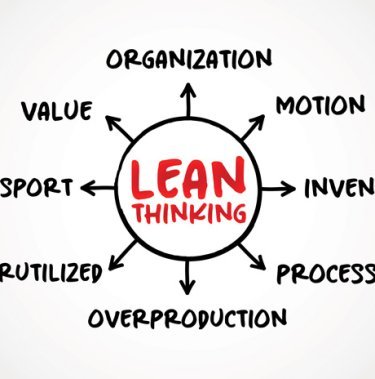
Applying waste-saving principles to any area of business outside manufacturing is called ‘Lean efficiency’.
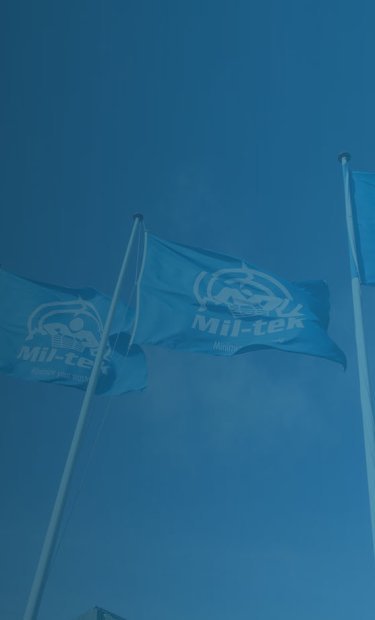
This section is designed to expand our FAQs with more detailed answers to questions about our machines and solutions.

Applying waste-saving principles to any area of business outside manufacturing is called ‘Lean efficiency’.
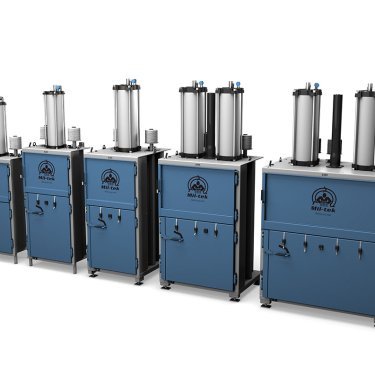
Renting a baler from Mil-tek gives you flexibility and exceptional value, with no maintenance expenses, free training, and regular bale collection by a certified recycler.
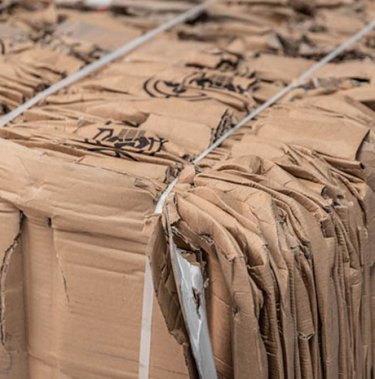
How do you bale cardboard? Why would you bale cardboard? Our guide gives you the information your business needs when it comes to Waste Recycling in Australia.
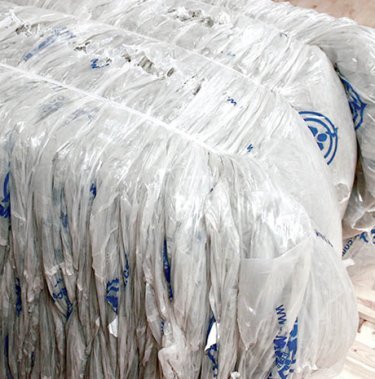
Baling Plastic: a guide to how, why and the machinery needed to bale plastic waste in Australia.
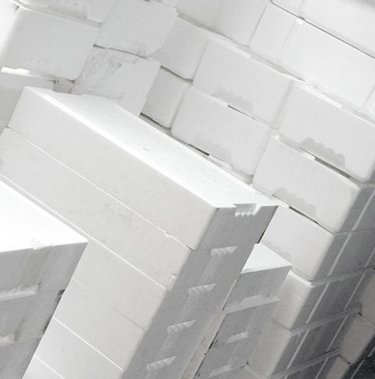
Learn more about why and how EPS is compacted in Australia as well as the EPS Compactor Machines available.